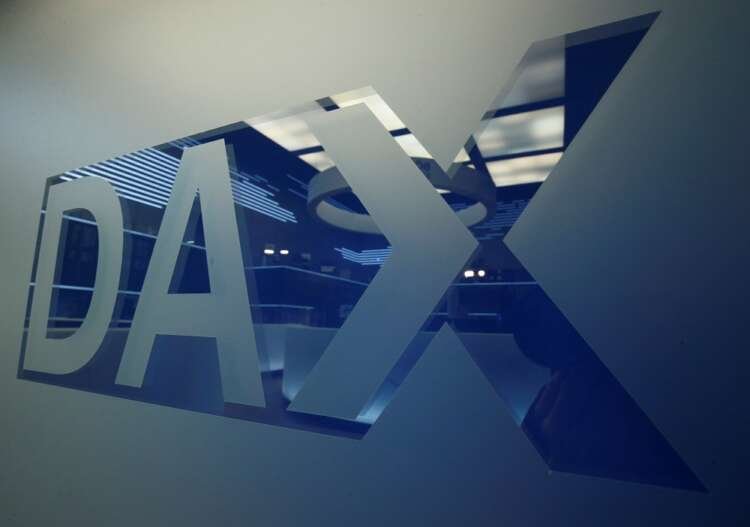Oil plunges, global stocks fall as risk appetites flag


By Elizabeth Howcroft and Koh Gui Qing
NEW YORK/LONDON (Reuters) -Global stocks fell on Thursday as recession concerns and the Russian-Ukranian war curbed demand for risky assets, while oil prices plunged over $5 on news that the United States may release some of its emergency oil reserves.
With Thursday’s drop, U.S. and European stocks are set for their worst quarterly performance since the first quarter of 2020, when the outbreak of the COVID-19 pandemic briefly sent the global economy into a tailspin.
Quarter-end rebalancing of portfolios boosted demand for bonds and held down yields, though a closely-watched part of the U.S. Treasury yield curve flattened a touch again. The yield curve, which inverted briefly on Tuesday, is flirting with inversion again in what is seen as a reliable harbinger of a recession. [US/]
“There’s going to be some money coming out of equities, into fixed income, especially because equities have had quite a spectacular rebound in the last few weeks,” said Guillaume Paillat, multi-asset portfolio manager at Aviva Investors.
“The yield curve is telling us that the economy’s going to slow and effectively maybe bonds, given that they’ve sold off so much, are a bit more attractive here compared to equities,” he said, adding that he does not anticipate a recession and still expects markets to benefit from re-opening following COVID-19 lockdowns.
The MSCI World Equity index was down 0.23%, while Europe’s STOXX 600 eased 0.47%.
By late morning in New York, the Dow Jones Industrial Average fell 0.26%, while the S&P 500 and the Nasdaq Composite were little changed.
For the quarter, the S&P 500 is on track to have dropped over 3%, its worst showing in two years, while Europe’s STOXX 600 is set to have lost over 6%, also its worst performance since the start of 2020 when it plunged 23%.
Global stocks had rallied earlier in the week as investors saw signs of progress in peace talks between Ukraine and Russia. But optimism petered out after Ukrainian President Volodymyr Zelenskiy said that no quick resolution is expected and the country prepared for new Russian attacks.
In Europe, inflation data showed record-high price rises in France in March and a 7% year-on-year rise in Italy, following elevated readings from Germany and Spain a day earlier.
Surging price pressures in many major economies have sealed expectations that central banks will raise interest rates and borrowing costs. This has in turn stoked concerns in countries including the United States that aggressive policy tightening will tip the economy into a recession.
Indeed, even though European government bond yields are down on the day, the German 10-year yield is set for its biggest monthly rise since 2009.
The 10-year Treasury yield, which also dipped to 2.323% on Thursday, is on track for its biggest gain in any quarter since the start of 2018.
Oil prices nursed deep losses following news that the United States was considering releasing up to 180 million barrels from its strategic petroleum reserve as part of a move to lower fuel prices.
U.S. crude fell 4.65% to $102.81 per barrel and Brent was at $108.28, down 4.56% on the day.
Oil prices had surged since Russia invaded Ukraine in late February and the United States and allies responded with hefty sanctions on Russia, the second-largest exporter of crude.
The euro was down 0.4% at $1.1108, having been boosted earlier in the week by hopes for peace in Ukraine.
The dollar was little changed against the yen, with the pair at 121.36. The yen has stabilised after falling to its lowest since 2015 on Monday on news that the Bank of Japan will buy an unlimited amount of 10-year government bonds for four days this week to keep yields low.
Rising U.S. yields have lifted Japanese yields even though inflation in Japan is below the central bank’s target.
Gold edged lower, but was still set for its biggest quarterly rise since the third quarter of 2020.
In keeping with softer investor risk appetites, Bitcoin lost 0.92% to $46,636.42.
(Reporting by Elizabeth Howcroft; Editing by Catherine Evans, Kirsten Donovan and Barbara Lewis)
Explore more articles in the Investing category











